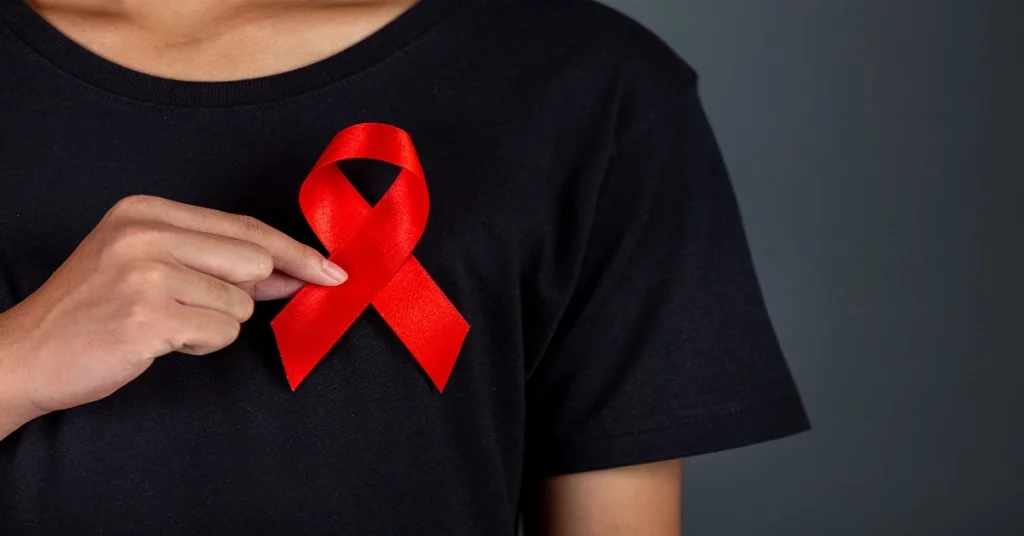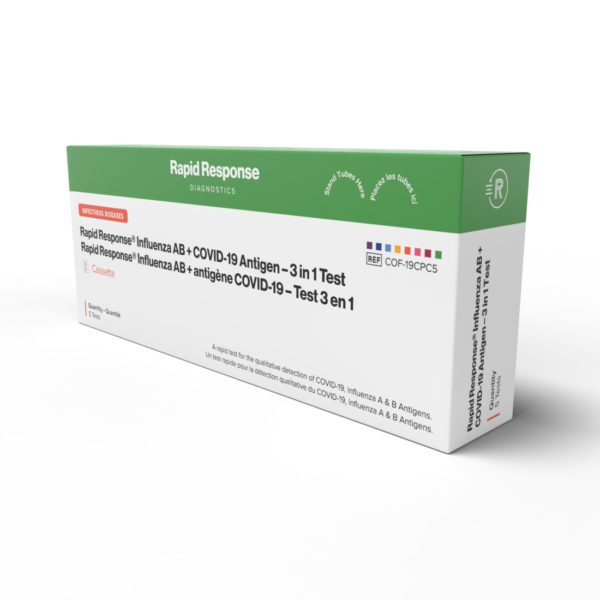For many people living with HIV, stigma takes the form of whispered conversations, social exclusion, or outright discrimination. These negative attitudes not only hurt them emotionally and mentally but can also discourage them from seeking testing, disclosing their status, or accessing treatment.
Addressing HIV stigma is more than just a personal challenge. It’s a public health necessity.
Here’s a closer look on practical ways to cope with as well as steps to empower people living with HIV to thrive despite societal misconceptions.
What is HIV stigma?
HIV stigma refers to the negative beliefs, feelings, and attitudes towards people living with HIV. Rooted in misinformation, fear of contagion, and moral judgments about how the virus is contracted, this stigma often manifests as:
- Discrimination
- Social exclusion
- Verbal or physical abuse
For instance, people with HIV may be unfairly excluded from social events, face workplace bias questioning their competence, or endure judgmental comments about their lifestyle.
Understanding the impact of HIV stigma
HIV stigma impacts people far beyond moments of direct discrimination, as it can:
- Erode mental health
- Damage social connections
- Discourages access to essential care
- Perpetuate a cycle of isolation and vulnerability
These effects not only harm those living with HIV but also undermine broader public health efforts to combat the epidemic.
Depression and anxiety
Those facing HIV stigma often experience the following:
- Persistent sadness
- Hopelessness
- Overwhelming worry
A study in Ontario found that 61% of people living with HIV reported experiencing depression, and 58% reported anxiety, which highlights the significant mental health challenges associated with HIV stigma. [1]
Low self-esteem
The stigma associated with HIV can severely damage your self-esteem and make you feel unworthy or inferior. Ron, an individual living with HIV in Canada, shared his experience: “For years, low self-esteem and a sense of low self-worth prevented me from pursuing my dream as an artist… I listened to myself when I said, ‘I’m not good enough.'” [2]
Effects on social relationships
HIV stigma erodes social connections, leading to isolation and loneliness. If you have HIV, you may be more likely to withdraw from friends, family, and community activities out of fear of rejection or judgment.
Marvelous, a person living with HIV in Canada, described the social challenges faced due to stigma, highlighting the importance of support and understanding from the community. [3]
Discrimination and exclusion
HIV stigma fosters discrimination and exclusion in various aspects of life, including work, healthcare, and social settings. A study in Canada reported 32 instances of employment discrimination related to HIV or AIDS, with cases occurring in the food service industry, healthcare, and other sectors. [4]
Strategies for coping with HIV stigma
Living with HIV comes with unique challenges, but adopting proactive strategies can help combat stigma and promote a fulfilling life. Here are five practical ways to foster resilience and build positive connections.
1. Educate yourself and others.
Understanding how HIV is transmitted and prevented dispels myths and reduces fear. Share accurate information to challenge harmful stereotypes and foster empathy.
2. Seek support networks.
Lean on trusted friends, family or support groups to build emotional strength. Connecting with others who share similar experiences fosters understanding and encouragement, both of which can help in countering feelings of isolation.
3. Engage in advocacy and awareness.
Participating in public awareness efforts challenges stigma at its roots. Sharing personal stories or joining advocacy campaigns can shift societal perceptions. Social media is a powerful tool for broadening awareness.
4. Build personal resilience.
Prioritize mental well-being by managing stress and practicing self-care, since these activities help combat the emotional toll of stigma. Lastly, celebrate your strengths and achievements to reinforce positive self-worth.
5. Debunk myths and challenge bias.
Correct misconceptions in everyday conversations to confront stigma head-on. In particular, it’s helpful to clarify that HIV is not spread through casual contact. Honest discussions create opportunities for education and understanding.
Legal protections against discrimination
As one key aspect of coping strategies involves educating oneself about HIV, understanding the legal protections available is equally essential. Being aware of existing laws empowers you to advocate for your rights and seek justice in cases of discrimination.
- Canadian Human Rights Act (R.S.C., 1985, c. H-6). This federal law prohibits discrimination based on disability, which includes HIV status, in employment and services under federal jurisdiction. Employers are required to provide reasonable accommodation to employees living with HIV, ensuring they are not unfairly treated or terminated due to their health status.
- Ontario Human Rights Code (R.S.O. 1990, c. H.19). In Ontario, this code protects individuals from discrimination in services, including healthcare, based on disability, which encompasses HIV status. Healthcare providers must maintain confidentiality and obtain informed consent, ensuring that individuals living with HIV receive equitable treatment without prejudice.
- Policy on HIV/AIDS-related Discrimination: The Ontario Human Rights Commission has established this policy to address discrimination related to HIV/AIDS, emphasizing the importance of confidentiality, informed consent, and equal access to services for individuals living with HIV.

Finding professional help
In Canada, there are many supportive services designed to help you manage your well-being, protect your rights, and connect with others who understand your experiences.
These include:
Counselling and therapy services:
Speaking with professionals who understand what you’re going through can make a difference.
- CATIE (Canadian AIDS Treatment Information Exchange) helps you find mental health professionals who specialize in supporting people living with HIV.
- The Hassle Free Clinic in Toronto offers non-judgmental counselling and testing services to support your journey.
- AIDS Vancouver provides counselling and group support tailored to your needs.
Support groups and peer programs
Sometimes, it helps to talk with others who truly get what you’re experiencing.
- Positive Living BC offers peer-led support groups and wellness programs.
- ACT (AIDS Committee of Toronto) runs workshops and group sessions where you can connect with others and find community support.
Legal assistance
If you face discrimination, you don’t have to navigate it alone. Here are some offices where you cage get legal assistance.
- The HIV & AIDS Legal Clinic Ontario (HALCO) offers free legal services, helping you handle issues like discrimination and privacy concerns.
- The BC Human Rights Clinic supports you if you need help filing complaints or fighting discrimination.
Community health clinics and services
Specialized care can give you the support you need.
- Clinique médicale l’Actuel in Montreal offers full care services, including mental health support.
- Casey House in Toronto is a compassionate hospital dedicated to helping people living with HIV/AIDS.
Education and resource programs
- Black CAP (Black Coalition for AIDS Prevention) in Toronto offers culturally appropriate services for Black communities affected by HIV.
- Regional Indigenous HIV/AIDS programs provide culturally sensitive education and support networks tailored to Indigenous communities.
Key takeaway
In a society that still struggles to fully understand HIV, applying coping strategies like those outlined above can help you navigate challenges, find support, and build resilience. These tools empower you to thrive and lead a fulfilling life despite societal prejudices. However, the ultimate goal is a world where coping is no longer necessary—a society free from stigma and discrimination.
True empowerment comes not just from managing your journey, but also from educating others, challenging misconceptions, and fostering a more inclusive environment. By living openly, advocating for understanding, and building awareness, you become a vital part of creating a future where acceptance and compassion replace ignorance and fear.
Make HIV testing a regular part of your healthcare routine. Explore our shop for quick, reliable and confidential test kits.
Sources:
[1] https://pmc.ncbi.nlm.nih.gov/articles/PMC8427956/?
[2] https://www.catie.ca/hiv-and-emotional-wellness/self-esteem
[3] https://www.canada.ca/en/public-health/services/video/marvelous-story.html




















































